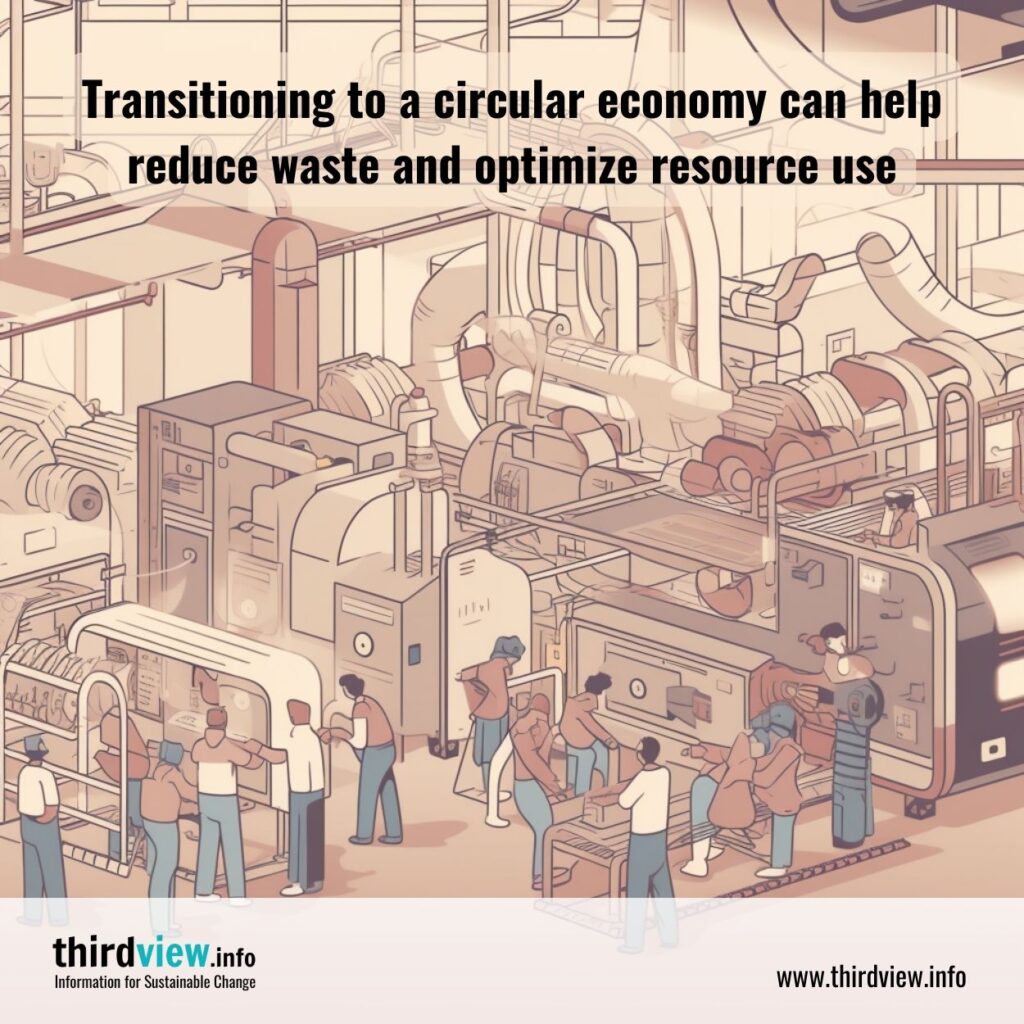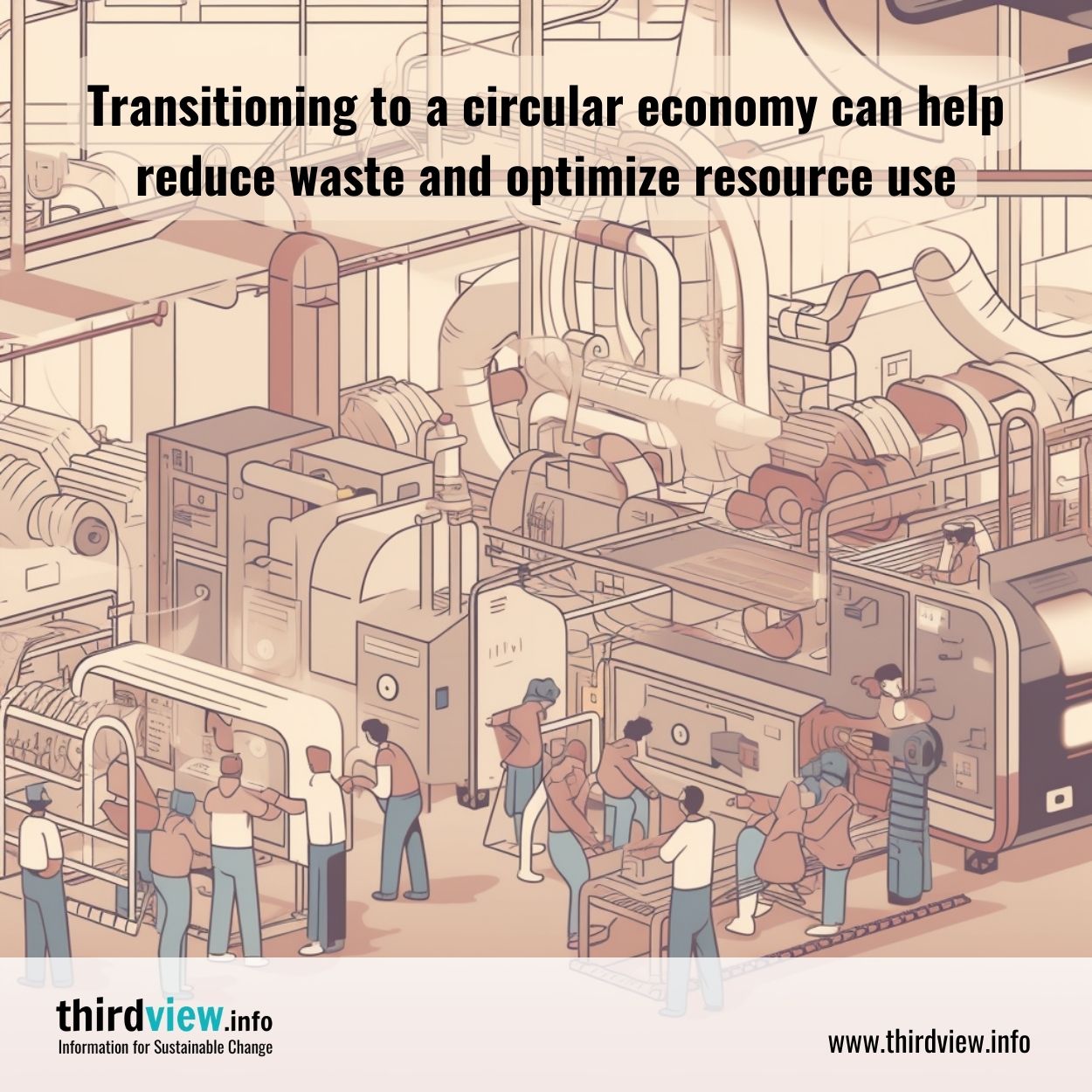As the demand for natural resources increases, the environment becomes increasingly fragile. Many of our daily habits contribute to environmental degradation. Sustainability should be a shared responsibility among everyone living on this planet to reduce carbon footprints, minimize waste production, and conserve resources. Some countries have put in place policies to promote a culture of sustainable consumption and production. But how can we create a worldwide paradigm shift to embrace sustainable living?
Education and Awareness
The first step towards achieving sustainable consumption is education and awareness. People need to be enlightened about the impacts of unsustainable practices on the environment and their health. Schools, colleges, and universities can include sustainability in their curriculum to enable students to understand the importance of preserving the environment. Additionally, the media and NGOs should work together to educate and sensitize the masses on sustainable living.
Adopting Circular Economy Practices
Another way to promote sustainability is through a circular economy approach. This means increasing the lifespan of products, reducing waste production, and optimizing resource use. For example, manufacturers can create innovative products made from recycled materials. This way, we can reduce the amount of waste that ends up in landfills. Moreover, we should embrace methods that save energy and minimize environmental impacts. This includes using renewable energy sources and promoting energy conservation.
Encouraging Sustainable Agriculture
Agriculture is a sector that has an enormous impact on the environment through land use change and deforestation. Encouraging sustainable agriculture practices like regenerative farming and permaculture can minimize environmental impacts by reducing the use of pesticides and chemical fertilizers. Sustainable agriculture also involves responsible water management practices that reduce soil erosion. This way, we can minimize the impact of agricultural activities on the environment.
Promoting Conscious Consumerism
We also need to change our consumer habits to promote sustainability. Consumers should avoid single-use plastics and embrace natural products. We should also look out for certifications like FSC and Rainforest Alliance when purchasing wood products to ensure they come from sustainably harvested forests. Choosing eco-friendly products can increase demand for sustainable products.
Government Policies and Regulations
Government policies can play a significant role in promoting sustainable consumption and production. Policies on carbon pricing, eco-labelling, and renewable energy subsidies can help to accelerate the shift towards sustainable practices. Countries should include sustainability in their development strategies. For example, governments can reward companies that embrace sustainability in their business models and policies.
Creating a global culture of sustainable consumption and production is a shared responsibility that requires collaborative efforts between governments, private sectors, and individuals. Education and awareness, adopting a circular economy approach, promoting sustainable agriculture, encouraging conscious consumerism, and enacting government policies and regulations are all feasible ways to achieve sustainability. A sustainable world would be healthier and more prosperous, safeguarding the planet for future generations.


